Colony
A colony is a territory under the immediate complete political control and occupied by settlers of a state, distinct from the home territory of the sovereign. For colonies in antiquity, city-states would often found their own colonies. Some colonies were historically countries, while others were territories without definite statehood from their inception.

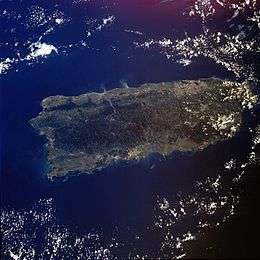
The metropolitan state is the state that rules the colony. In Ancient Greece, the city that founded a colony was known as the metropolis. "Mother country" is a reference to the metropolitan state from the point of view of citizens who live in its colony. There is a United Nations list of Non-Self-Governing Territories.
Unlike a puppet state or satellite state, a colony has no independent international representation, and its top-level administration is under direct control of the metropolitan state.
The term informal colony is used by some historians to refer to a country under the de facto control of another state, although this term is often contentious.
Definitions
The word "colony" comes from the Latin word colōnia. This in turn derives from the word colōnus, which means colonist but also implies a farmer. Cologne is an example of a settlement preserving this etymology. Other, less obvious settlements that began as Roman colonia include cities from Belgrade to York. A tell-tale sign of a settlement once being a Roman colony is a city centre with a grid pattern.[2] The terminology is taken from architectural analogy, where a column pillar is beneath the (often stylized) head capital, which is also a biological analog of the body as subservient beneath the controlling head (with 'capital' coming from the Latin word caput, meaning 'head'). So colonies are not independently self-controlled, but rather are controlled from a separate entity that serves the capital function..
Roman colonies first appeared when the Romans conquered neighbouring Italic peoples. These were small farming settlements that appeared when the Romans had subdued an enemy in war. A colony could take many forms, as a trade outpost or a military base in enemy territory. Its original definition as a settlement created by people migrating from a central region to an outlying one became the modern definition.
Ancient examples
- Carthage formed as a Phoenician colony
- Cadiz formed as a Phoenician colony
- Cyrene was a colony of the Greeks of Thera
- Sicily was a Phoenician colony
- Durrës formed as a Greek colony
- Sardinia was a Phoenician colony
- Marseille formed as a Greek colony
- Malta was a Phoenician colony
- Cologne formed as a Roman colony, and its modern name refers to the Latin term "Colonia".
- Kandahar formed as a Greek colony during the Hellenistic era by Alexander the Great in 330 BC.
Modern historical examples
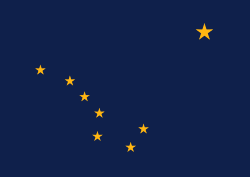
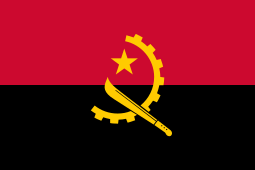

.svg.png)
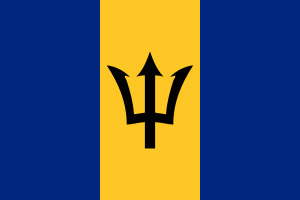

.svg.png)
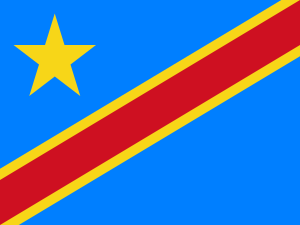
.svg.png)

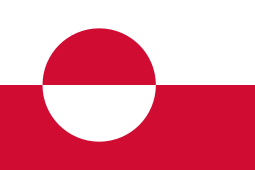
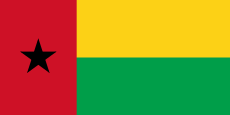

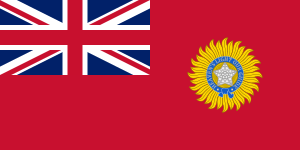

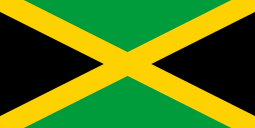
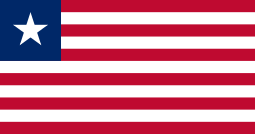
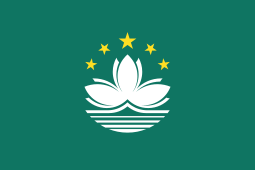

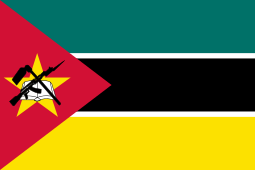

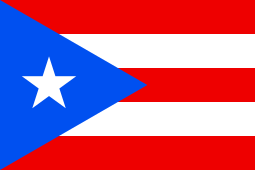
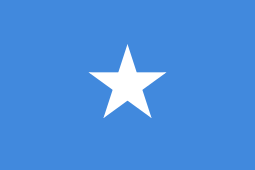



- The

Current colonies

The Special Committee on Decolonization maintains the United Nations list of Non-Self-Governing Territories, which identifies areas the United Nations (though not without controversy) believes are colonies. Given that dependent territories have varying degrees of autonomy and political power in the affairs of the controlling state, there is disagreement over the classification of "colony".
See also
References
- Puerto Rico:The Trials of the Oldest Colony in the World. By Jose Trias Monge. Yale University Press. 1997.
- James S. Jeffers (1999). The Greco-Roman world of the New Testament era: exploring the background of early Christianity. InterVarsity Press. pp. 52–53. ISBN 978-0-8308-1589-0.
- De Lario, Damaso; de Lario Ramírez, Dámaso (2008). "Philip II and the "Philippine Referendum" of 1599". Re-shaping the world: Philip II of Spain and his time. Ateneo de Manila University Press. ISBN 978-971-550-556-7.
- In 1521, an expedition led by Ferdinand Magellan landed in the islands, and Ruy López de Villalobos named the islands Las Islas Filipinas in honor of Spain's Prince Philip (later to become Philip I of Castile). During a later expedition in 1564, Miguel López de Legazpi conquered the Philippines for Spain. However, it can be argued that Spain's legitimate sovereignty over the islands commenced following a popular referendum in 1599.[3]
- Tonio Andrade, How Taiwan Became Chinese: Dutch, Spanish, and Han Colonization in the Seventeenth Century, Columbia University Press.
Further reading
- Aldrich, Robert. Greater France: A History of French Overseas Expansion (1996)
- Ansprenger, Franz ed. The Dissolution of the Colonial Empires (1989)
- Benjamin, Thomas, ed. Encyclopedia of Western Colonialism Since 1450 (2006).
- Ermatinger, James. ed. The Roman Empire: A Historical Encyclopedia (2 vol 2018)
- Higham, C. S. S. History Of The British Empire (1921) online free
- James, Lawrence. The Illustrated Rise and Fall of the British Empire (2000)
- Kia, Mehrdad, ed. The Ottoman Empire: A Historical Encyclopedia (2017)
- Page, Melvin E. ed. Colonialism: An International Social, Cultural, and Political Encyclopedia (3 vol. 2003)
- Priestley, Herbert Ingram. (France overseas;: A study of modern imperialism 1938) 463pp; encyclopedic coverage as of late 1930s
- Tarver, H. Micheal and Emily Slape. The Spanish Empire: A Historical Encyclopedia (2 vol. 2016)
- Wesseling, H.L. The European Colonial Empires: 1815-1919 (2015).
External links
![]()